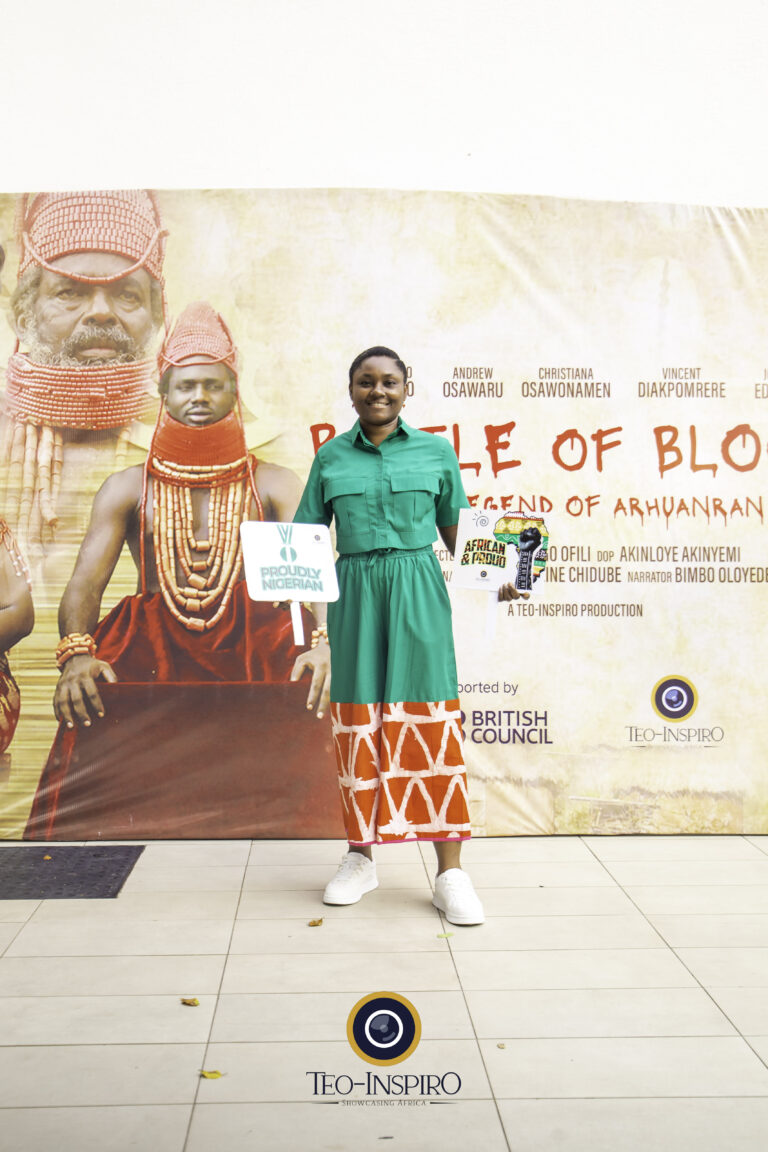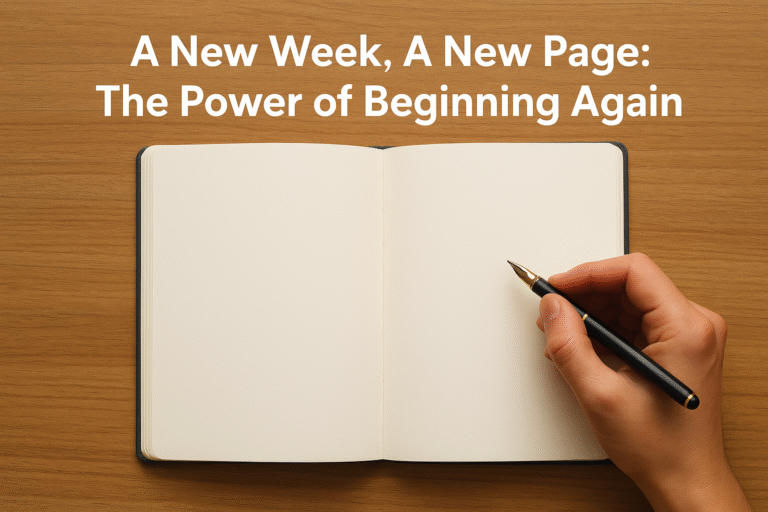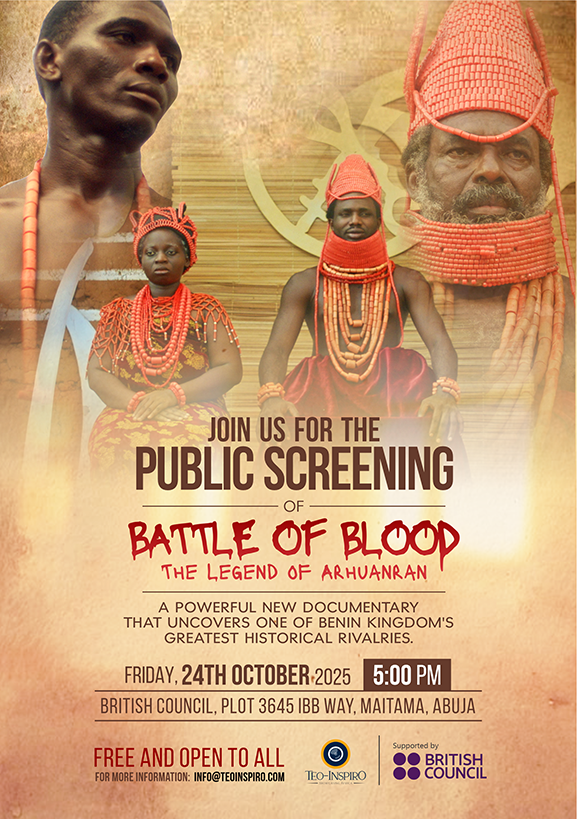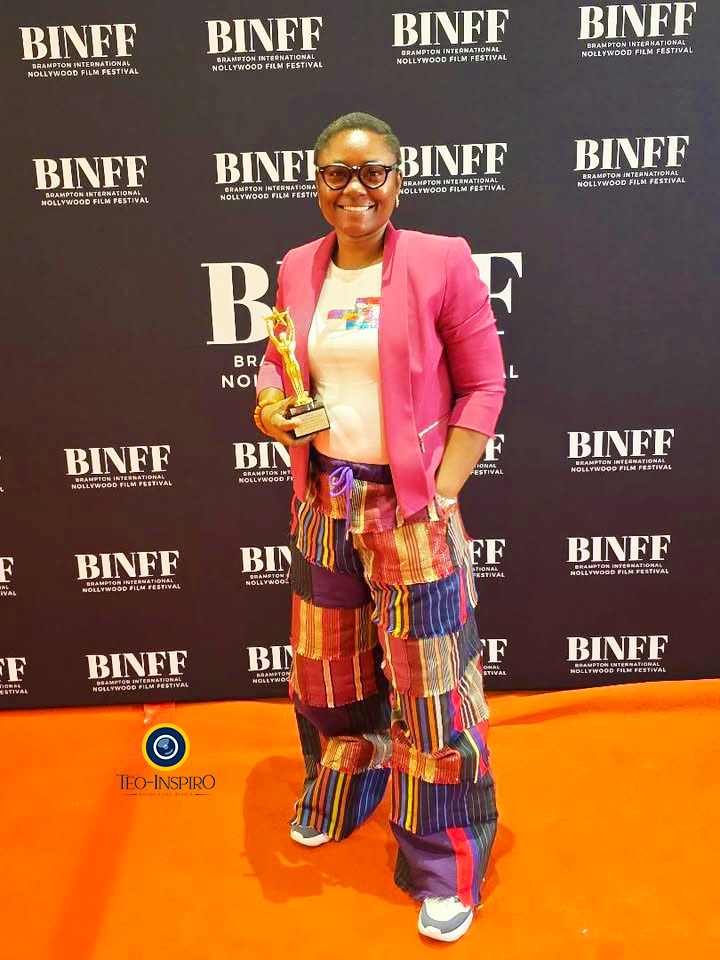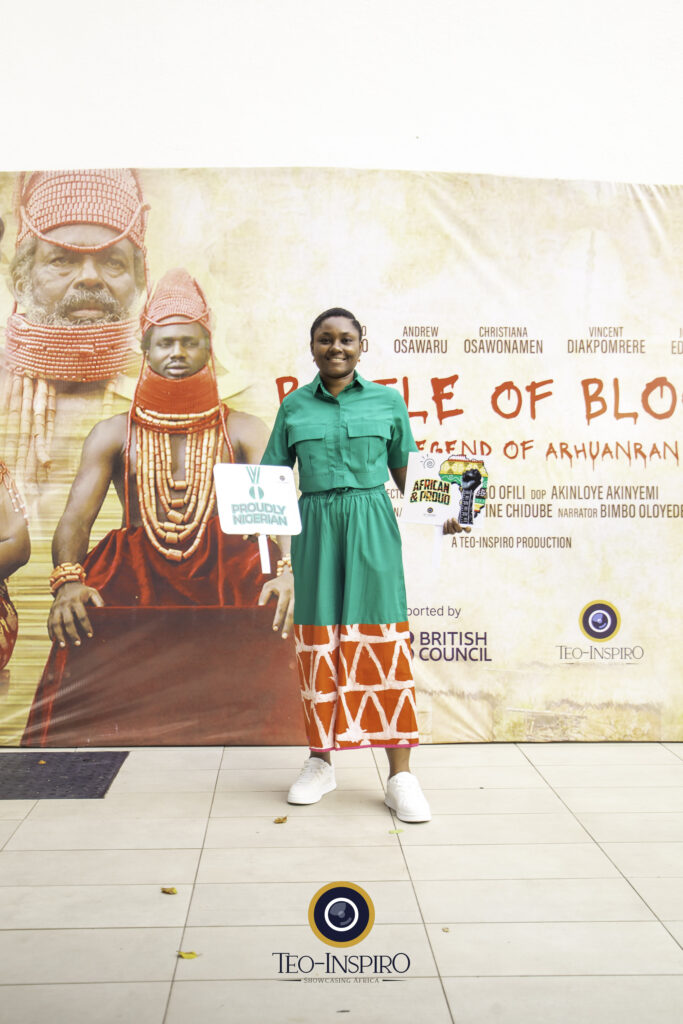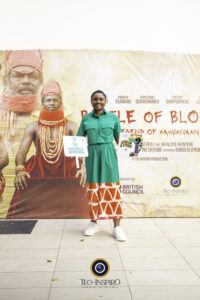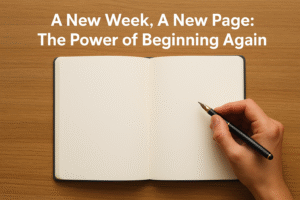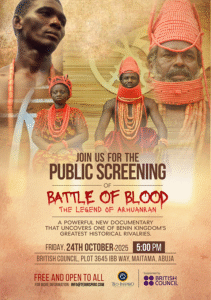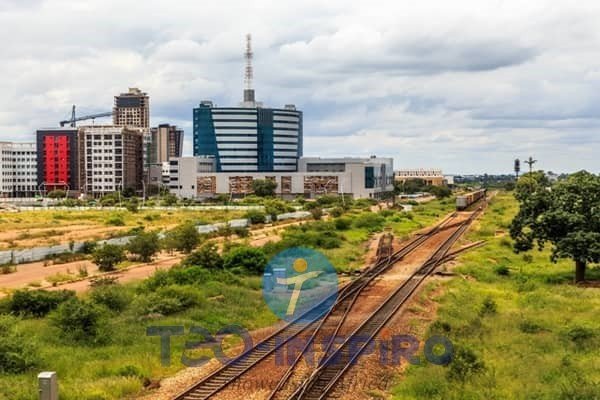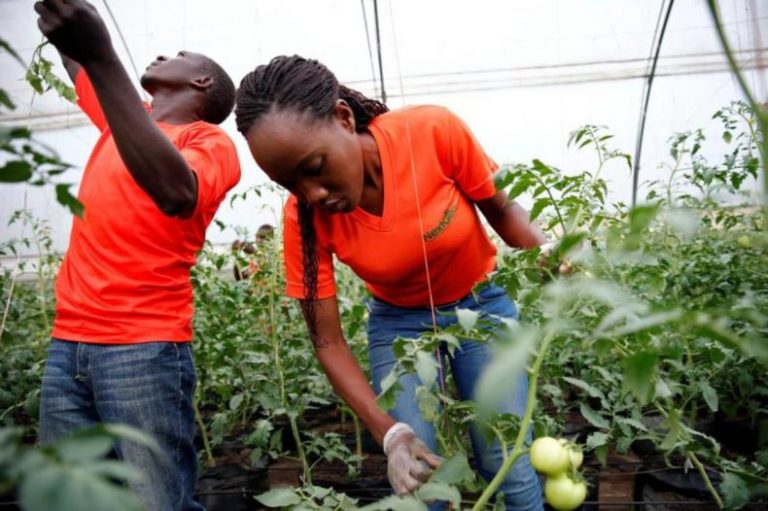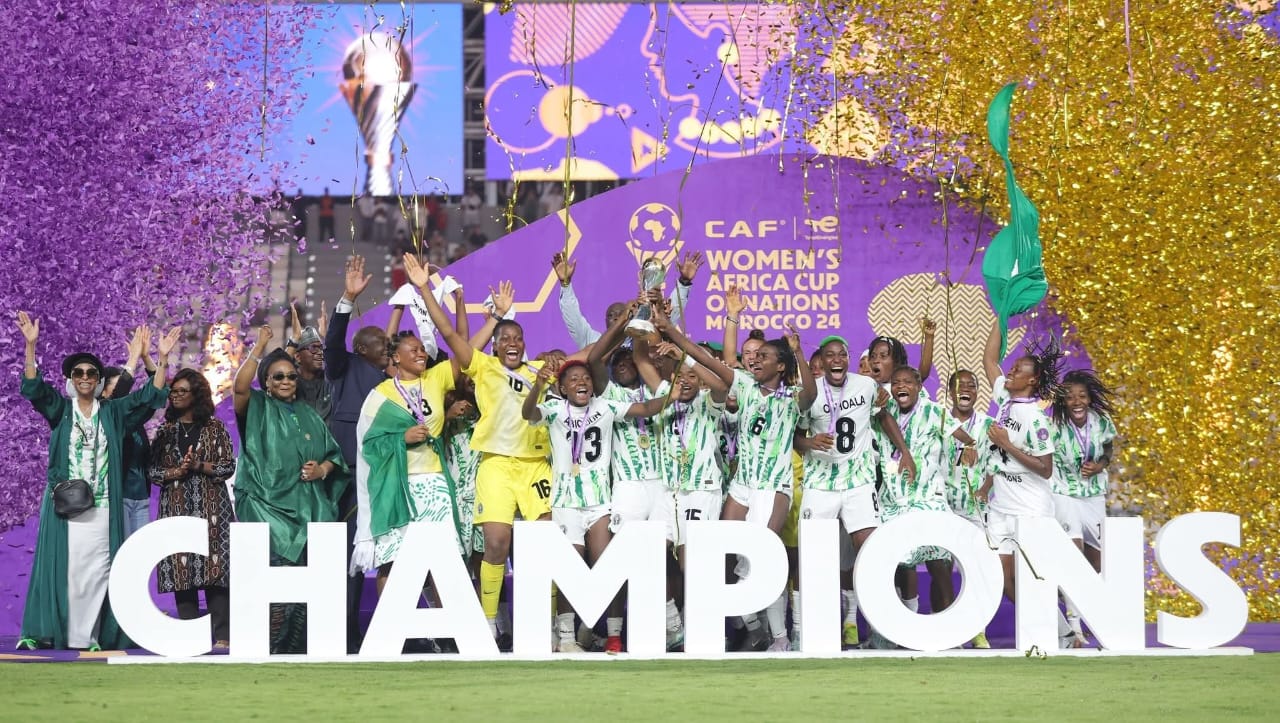
In a country where women are often asked to prove their worth twice before they’re seen once, something powerful happened in the first week of August 2025. Nigeria didn’t just win matches, Nigerian women won the hearts of a nation, and in doing so, they rewrote the story of what’s possible when women rise.
It began on Saturday, July 26, when the Super Falcons, Nigeria’s fearless women’s football team, defeated host country Morocco to clinch their 10th Women’s Africa Cup of Nations (WAFCON) title. The roar from Rabat echoed back home. Streets buzzed, flags waved, and millions of girls across Nigeria saw themselves in jerseys, not just wrappers.
Barely a week later, on Sunday, August 3, it happened again.
The D’Tigress, Nigeria’s women’s basketball team, took to the court in Abidjan and delivered a masterclass in teamwork, defeating Mali 78–64 to become the 2025 Women’s Afro Basket Champions, their fifth consecutive title and seventh overall, a record unmatched on the continent.
Two victories. Two sports. One loud, clear message: ‘Nigerian women are not waiting to be celebrated. They are becoming impossible to ignore’.
It Wasn’t Just a Win, It Was a Shift
For decades, Nigerian women in sports have trained in silence, fought for recognition, and played for pride rather than pay. They’ve had to beg for funding, share jerseys, and fight stereotypes. But when the Falcons lifted that trophy in Rabat, and D’Tigress raised theirs in Abidjan, it wasn’t just a victory, it was a national reset.
In that moment, they weren’t “female athletes”, they were champions, leaders, icons.
The Impact Beyond the Scoreboard
In schools, young girls are asking their teachers about football and basketball trials. Community coaches report a surge in girls showing up for practice, hopeful, energized, wearing knock-off Super Falcons kits with pride.
On social media, the hashtags tell the story:
#NaijaQueens, #HerGameToo, #WomenInSports.
Corporate brands, previously lukewarm, are now knocking. Sportswear companies are signing ambassadors. And families, once skeptical about “this your ball playing”, are proudly sharing clips of their daughters training.
Because now, they’ve seen what’s possible.
Real Women, Real Stories
Asisat Oshoala, with her blistering pace and unshakable confidence, is more than a footballer, she’s a symbol of courage for girls who’ve been told to sit quietly.
Ezinne Kalu, weaving through defenders on the court, is proof that grace and grit can co-exist, and dominate.
Their wins have unlocked something deeper: representation.
Girls in hijabs. Girls from villages. Girls who don’t speak English fluently. They’re all seeing one thing: Success looks like them.
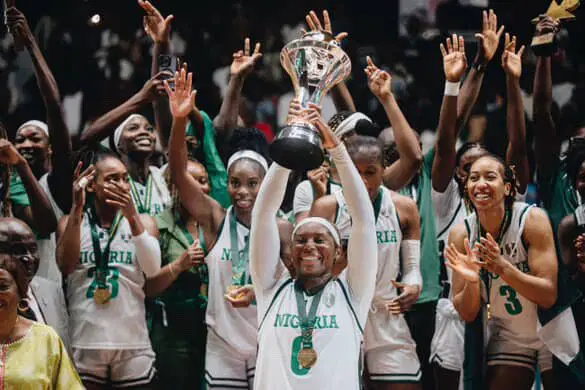
It is More Than Trophies, This Is Legacy
What the D’Tigress and Super Falcons have done is beyond sports. They’ve sparked a cultural movement. A reimagining of what Nigerian girlhood and womanhood can be. They’ve started conversations about equal pay, better facilities, media coverage, and respect. And perhaps, most importantly, they’ve reminded us that when Nigerian women win, Nigeria wins.
Looking Ahead- The Falcons will now begin their journey toward World Cup qualification, while D’Tigress prepares for the 2026 FIBA Women’s World Cup. But back home, something is already changing; in classrooms, in homes, in communities. The dream no longer feels distant.
These women have thrown the doors open wide. And now, an entire generation is walking through.
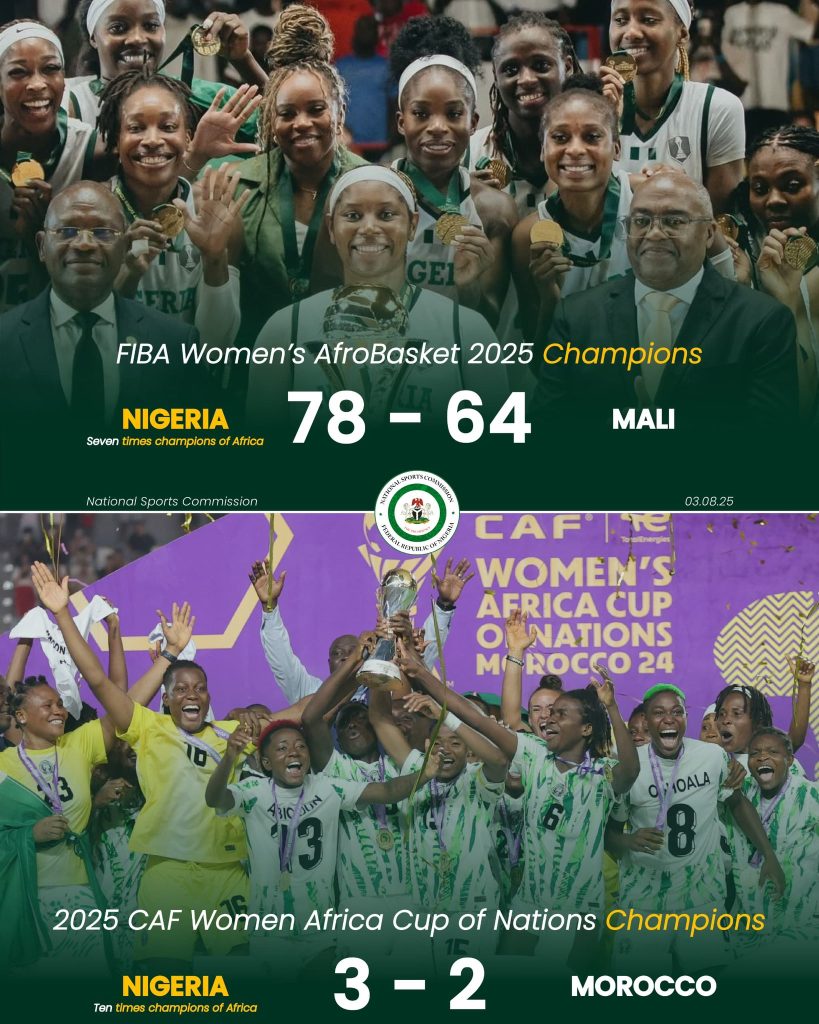
So the next time someone asks if women belong in sports, show them Rabat. Show them Abidjan. Show them Nigeria.

